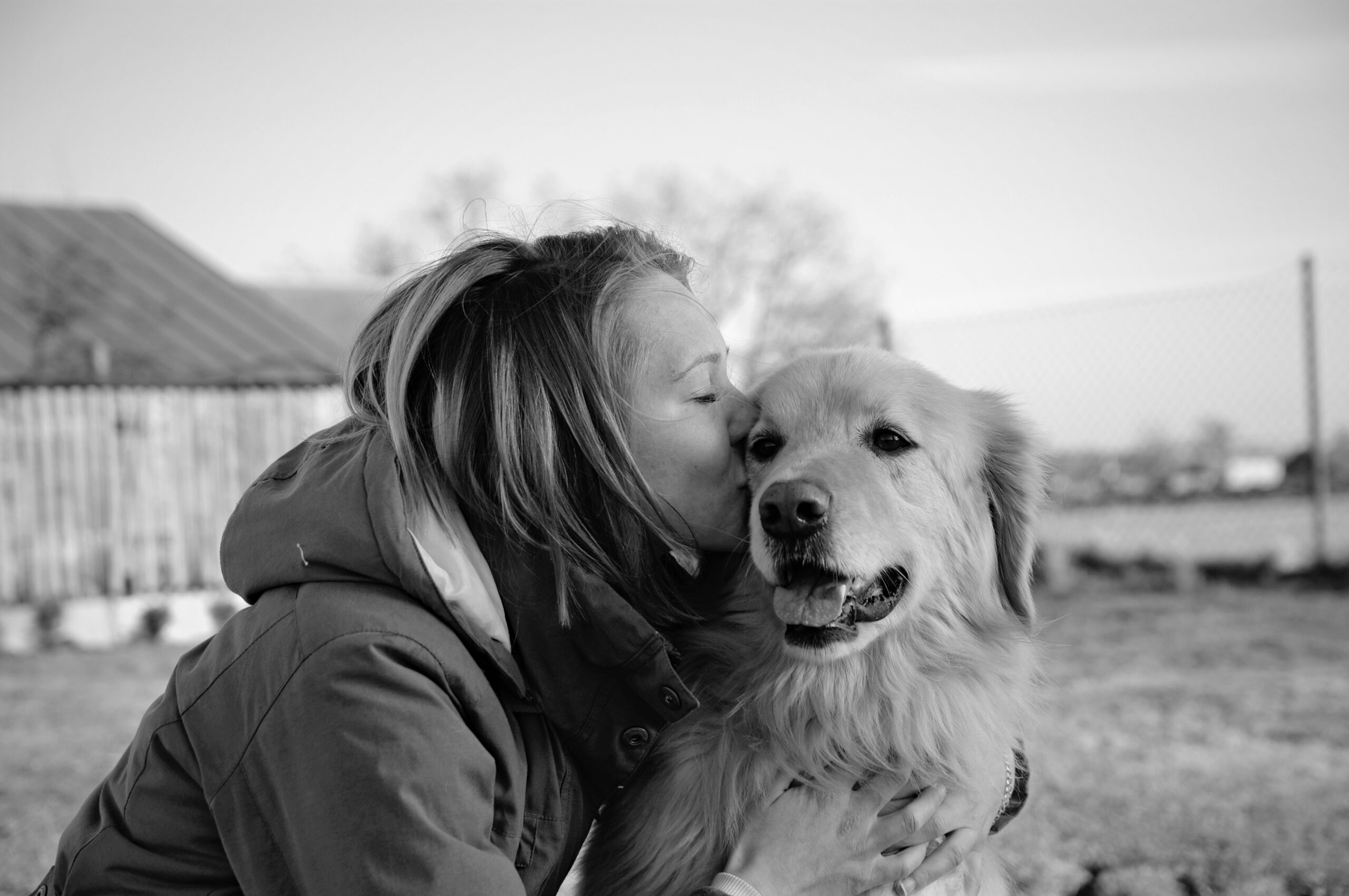Dogs are our beloved companions, bringing joy, loyalty, and unconditional love into our lives. However, their protective instincts sometimes manifest as excessive barking, particularly at strangers. While barking is a natural canine behavior, it can become a nuisance and a source of frustration for both you and your neighbors.
Understanding the Root of the Bark
Before embarking on any training or behavior modification techniques, it’s crucial to understand the underlying reasons behind your dog’s barking at strangers. Identifying the root cause will help you tailor your approach and address the issue effectively.
Common reasons for excessive barking at strangers include:
-
Fear or anxiety: Dogs may bark out of fear or anxiety when confronted with unfamiliar people or situations. This is especially true for dogs with a history of negative interactions with strangers.
-
Territorial instincts: Dogs often view their home and yard as their territory, and barking at strangers can be a way of asserting their dominance and protecting their space.
-
Boredom or lack of stimulation: Understimulated dogs may bark out of boredom or frustration, seeking attention or entertainment.
-
Learned behavior: If your dog has received attention or rewards for barking in the past, they may have learned to associate barking with positive reinforcement.
Effective Strategies to Curb Excessive Barking
Once you’ve identified the underlying reason for your dog’s barking, you can implement targeted strategies to curb this behavior. Here are some effective approaches How to stop a dog from barkingk:
1. Desensitization and Counterconditioning
This technique involves gradually exposing your dog to the trigger (strangers) in a controlled environment while pairing it with positive experiences. The goal is to change your dog’s association from fear or anxiety to calmness and positive reinforcement.
2. Basic Obedience Training
Teaching your dog basic obedience commands like “sit,” “stay,” and “leave it” can provide them with self-control and help you manage their behavior in various situations.
3. Positive Reinforcement
Reward your dog with treats, praise, or affection when they display the desired behavior, such as remaining calm and quiet around strangers. This positive reinforcement will encourage them to repeat the desired behavior.
4. Exercise and Mental Stimulation
Ensure your dog receives adequate exercise and mental stimulation to prevent boredom and frustration, which can contribute to excessive barking.
5. Professional Help
If your dog’s barking is severe or you’re struggling to manage it on your own, consider seeking guidance from a professional dog trainer or behaviorist. They can provide tailored training plans and support to address the underlying issues.

Additional Tips for Success
-
Avoid Punishment: Never punish your dog for barking, as this can worsen the behavior and damage your bond.
-
Consistency is Key: Be consistent with your training and reinforcement methods to achieve lasting results.
-
Patience and Positive Approach: Remember that behavior modification takes time and patience. Maintain a positive and encouraging approach throughout the training process.
-
Preventing Triggers: Whenever possible, try to avoid situations that trigger your dog’s barking, such as walking past groups of people or letting them off-leash in crowded areas.
-
Seeking Socialization Opportunities: Socialize your dog early and often to help them become more comfortable around different people and situations.
With patience, consistency, and the right approach, you can effectively curb your dog’s excessive barking at strangers and restore peace and harmony to your home and neighborhood. Remember, your dog is a loyal companion who wants to please you. By understanding their behavior and implementing positive training methods, you can help them overcome their fears and anxieties and develop a more balanced and well-adjusted temperament.


